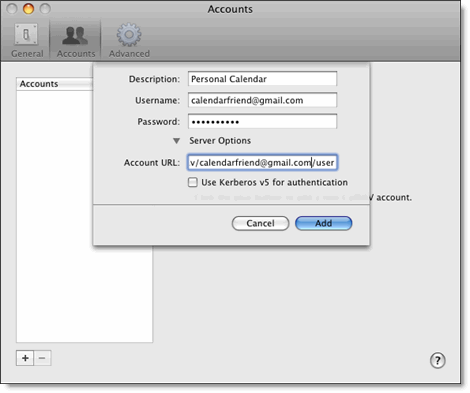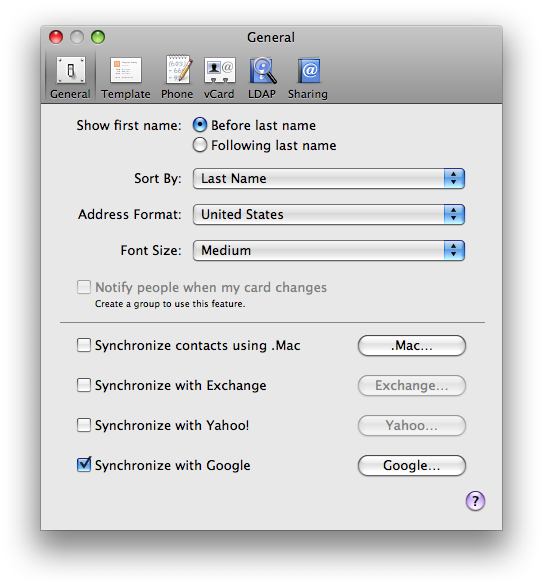There's a commercial that depicts a school system as run by the courier companies. I forget what the commercial is for. In it a narrator asks, "What if the schools were run by courier companies?" A child is late. The lead delivery guy calls his agents in the field. And within minutes, the child is found and delivered to the school. The implication is that the courier companies are models of super-efficiency and organization.
Funny, but this has never been my experience.
For me, home delivery is an agonizingly worrisome affair. First I make my order, tentatively, gingerly, nervously. I'm then given either a range of dates, or an exact date, depending on my shipping method, when to expect my package. What follows is that, more often than not, on some day within that stated range, after returning home from work, I receive a notice on my door informing that an attempt has been made to deliver my package. From here on out I face an often major quandary.
On the notice it usually says that a signature is required for me to actually receive the package. This is New York, after all. It also states, now, a range of times when the courier will make a subsequent delivery attempt on the next business day. This is generally a range of about 4-8 hours, and those hours almost always occur during a period in which I will be at work. There is no way to negotiate this. If I am to receive a package via courier service, I must be home. I have missed days of work waiting for packages to be delivered. It's harrowing.
Today I just happen to have the day off by virtue of my regular work schedule. And I just happen to be waiting for my iPhone 3GS to be delivered by FedEx. I'm nervous as a squirrel on crack, and so I keep obsessively checking the my tracking number on FedEx's website, over and over again, for some sign that something's gone wrong. I have not showered, nor have I moved my bowels for fear that I might miss the delivery. I am trapped in my apartment afraid to do much of anything. I've been waiting since 8 AM. It's noon.
On my order tracking page I am given certain information about my shipment. Most important to me is the information regarding its whereabouts and the history thereof. Last night my package was in Pennsylvania. Then it was in New Jersey. This morning it made its way to The Bronx. And then, at 8:20 AM, was put on the truck for delivery. And so it's stayed for nearly 4 hours.
At my order tracking page, with which I'm becoming quite familiar by now, I also see that FedEx has certain information about me. They have my address, of course. But they also have my phone number. I wonder if they have my email.
The tracking page also links to an "E-mail notifications" page, where you can actually set your account up to send emails about the status of your package to up to 5 addresses. You can have them email you about a problem with delivery, after the fact, when it's to late to correct the problem; or they can email you when the package has been delivered, the one time I don't need an email because the damn thing is in my hand; or they'll email you detailed tracking info, which is already available at the tracking page I've been reloading all morning. Unfortunately, none of these notifications are useful to me.
See, what I need is the one piece of information that is conspicuously absent from my tracking page. What I want to know is where my package is once it's on the truck. And, perhaps more importantly, I'd like to know when the driver is in my neighborhood, so that I can be ready for the delivery attempt within a more reasonable time frame.
Why is it that the most vital information is impossible to obtain?
I once had an experience in which I'd arranged to pick a package up from a UPS facility, as the driver refused to leave it at my door and I couldn't miss work. But due to a communications snafu (or perhaps blind incompetence, I don't know) when I arrived at the UPS building I was informed that my package was out for delivery. The nice people at the UPS facility tried their best to contact that driver and inform him of the situation, but they seemed unable to do so. Even UPS seems hard pressed to find your package once it's out on the truck. And they're in radio communication with the drivers.
If I, as a SysAdmin, were so hard to reach, I would be out of a job. Somehow, people always manage to get ahold of me when they need me. Such is the state of global communications these days.
I really don't see why FedEx or UPS or DHL — hell, all of them — can't implement a better notification system. They have methods to determine the exact time the package was delivered. They have my phone number. And the general availability of GPS should make locating the driver at any given time a snap. Is it too much to ask that an automatic text notification (or method of my choosing) be sent to my cell phone when the driver is within a certain range of my address?
This, after all, is the crucial moment for me, and I suspect for lots of folks. This is the time we have to be here, home and ready to answer the door. Why is it the blackout time when it comes to communication?
Shit! Was that the doorbell? Gotta go!
There's a commercial that depicts a school system as run by the courier companies. I forget what the commercial is for. In it a narrator asks, "What if the schools were run by courier companies?" A child is late. The lead delivery guy calls his agents in the field. And within minutes, the child is found and delivered to the school. The implication is that the courier companies are models of super-efficiency and organization.
Funny, but this has never been my experience.
For me, home delivery is an agonizingly worrisome affair. First I make my order, tentatively, gingerly, nervously. I'm then given either a range of dates, or an exact date, depending on my shipping method, when to expect my package. What follows is that, more often than not, on some day within that stated range, after returning home from work, I receive a notice on my door informing that an attempt has been made to deliver my package. From here on out I face an often major quandary.
On the notice it usually says that a signature is required for me to actually receive the package. This is New York, after all. It also states, now, a range of times when the courier will make a subsequent delivery attempt on the next business day. This is generally a range of about 4-8 hours, and those hours almost always occur during a period in which I will be at work. There is no way to negotiate this. If I am to receive a package via courier service, I must be home. I have missed days of work waiting for packages to be delivered. It's harrowing.
Today I just happen to have the day off by virtue of my regular work schedule. And I just happen to be waiting for my iPhone 3GS to be delivered by FedEx. I'm nervous as a squirrel on crack, and so I keep obsessively checking the my tracking number on FedEx's website, over and over again, for some sign that something's gone wrong. I have not showered, nor have I moved my bowels for fear that I might miss the delivery. I am trapped in my apartment afraid to do much of anything. I've been waiting since 8 AM. It's noon.
On my order tracking page I am given certain information about my shipment. Most important to me is the information regarding its whereabouts and the history thereof. Last night my package was in Pennsylvania. Then it was in New Jersey. This morning it made its way to The Bronx. And then, at 8:20 AM, was put on the truck for delivery. And so it's stayed for nearly 4 hours.
At my order tracking page, with which I'm becoming quite familiar by now, I also see that FedEx has certain information about me. They have my address, of course. But they also have my phone number. I wonder if they have my email.
The tracking page also links to an "E-mail notifications" page, where you can actually set your account up to send emails about the status of your package to up to 5 addresses. You can have them email you about a problem with delivery, after the fact, when it's to late to correct the problem; or they can email you when the package has been delivered, the one time I don't need an email because the damn thing is in my hand; or they'll email you detailed tracking info, which is already available at the tracking page I've been reloading all morning. Unfortunately, none of these notifications are useful to me.
See, what I need is the one piece of information that is conspicuously absent from my tracking page. What I want to know is where my package is once it's on the truck. And, perhaps more importantly, I'd like to know when the driver is in my neighborhood, so that I can be ready for the delivery attempt within a more reasonable time frame.
Why is it that the most vital information is impossible to obtain?
I once had an experience in which I'd arranged to pick a package up from a UPS facility, as the driver refused to leave it at my door and I couldn't miss work. But due to a communications snafu (or perhaps blind incompetence, I don't know) when I arrived at the UPS building I was informed that my package was out for delivery. The nice people at the UPS facility tried their best to contact that driver and inform him of the situation, but they seemed unable to do so. Even UPS seems hard pressed to find your package once it's out on the truck. And they're in radio communication with the drivers.
If I, as a SysAdmin, were so hard to reach, I would be out of a job. Somehow, people always manage to get ahold of me when they need me. Such is the state of global communications these days.
I really don't see why FedEx or UPS or DHL — hell, all of them — can't implement a better notification system. They have methods to determine the exact time the package was delivered. They have my phone number. And the general availability of GPS should make locating the driver at any given time a snap. Is it too much to ask that an automatic text notification (or method of my choosing) be sent to my cell phone when the driver is within a certain range of my address?
This, after all, is the crucial moment for me, and I suspect for lots of folks. This is the time we have to be here, home and ready to answer the door. Why is it the blackout time when it comes to communication?
Shit! Was that the doorbell? Gotta go!






